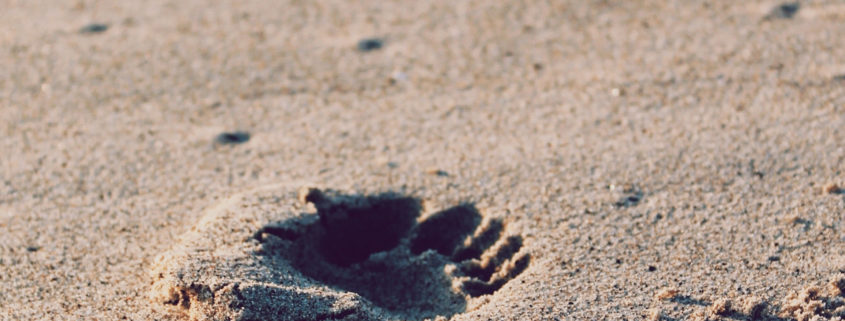Vacation Time! Your Handy Home Checklist
Protect your home when you’re away on vacation. Follow this handy home checklist to leave, stress-free, with everything in order before you leave.
We all put a lot of time and money into planning the ultimate vacation. For many of us, more attention than we put into preparing and protecting our home and valuables in our absence. Taking a lot for granted, we rush out the door in excited anticipation, neglecting to take the proper precautions that the place we live will be safe and ready for our return.
Creating a home checklist to keep track of your to-do list in preparation for departure is a great idea to help not only keep you organized, but also ensure you’ve taken the necessary precautions as you leave your home sit empty during your travels.
According to Steve Kee, spokesperson for the Insurance Bureau of Canada, “People spend a lot of time planning their vacation, but they don’t plan as much around their house. When you’re rushing to get out the door, you’re bound to forget to do things around the house.”
Here are some expert suggestions to help you prepare your home before you leave on vacation – stress-free and with peace of mind.
Touch base with your home insurance agent
As you’re making calls to your creditors to let them know you’ll be making charges abroad, check in with your insurance broker to let them know you’ll be away and that your home is going to be vacant.
It’s not unusual for insurance policies to contain clauses that may void coverage if your residence is unoccupied for extended blocks of time.
Call your broker and take the opportunity to double-check that you’re covered in the event of the unexpected.
Ask someone you trust – or hire someone – to check your home
As you chat with your insurance broker, you can confirm if you need someone checking in on your home in your absence. Your policy may have distinct language outlining what’s required.
Have this trusted individual check for water leaks – outdoor spigots, basement, ceilings, etc. This should absolutely be on their respective check-list during your winter absence, when pipes can be known to burst with sudden drops in temperature, but leaks and flooding are also possibilities during the summer, too.
Make sure your home looks lived-in
Be sure to set at least some of your indoor lighting on a timer so they switch on and off throughout the day. Don’t forget to install fresh bulbs so they don’t burn out during your trip. For additional protection, install motion-detecting outdoor lights to deter potential prowlers. If you receive a newspaper, put it on hold. Either have your mail put on hold as well, or ask a neighbour to collect it.
Set your thermostat to an appropriate temperature, depending the season
Whether for heat or for cool, be sure to set your thermostat accordingly. A safe bet is to set it four degrees above the temperature you’d normally keep your home. Avoid the possibility of mildew and mould taking hold and save energy as well.
Modern tech has some innovative solutions when it comes to modulating the temperature of your home with the touch of a finger while you’re away. There are a variety of products with corresponding apps available. Just be sure to take the time to become very familiar and take it for some test runs in advance of your travels.
Unplug the toaster, the microwave, and all other non-essential appliances
Unplugging is a huge energy-saver and protection, as well. “This will help you save on energy and protect from power surges,” Kee says.
Those appliances that ought to be unplugged while you’re away should include your televisions, power strips, computer chargers, coffee makers, and those lamps that aren’t included on the timer.
Empty the trash
This may seem so simple as not to be a necessary addition to the list. But, you’d be surprised how many people have returned home to the foul smell of trash infusing their indoor air. Be sure to empty all garbage, recycling, and compost containers as you’re heading out the door.
But, if you leave your bins out for trash day, don’t forget to ask a neighbour to put them back.
“Ask someone to take the trash to the curb on collection day and be sure that they come back to put the bins away,” Kee recommends. “All you have to do is drive down a street a see one house with an empty bin in the driveway to know that those people are very likely out of town.”
Safe-deposit box for valuables.
Most of what you have in your home is likely covered by your home insurance. However, consider those items that hold sentimental worth that can’t be covered by an insurance policy. Certainly, though, ensure that valuables such as important documents or precious jewelry are stored safely away.
A car in your driveway
If you’re in the habit of keeping your car in the driveway, be sure this is continued while you’re away. If you don’t, perhaps ask a family member, friend, or neighbour to park their car in front of your home.
If you’re traveling during winter months, keeping your car and driveway free of snow and ice helps to convey that someone is, in fact, at home.



